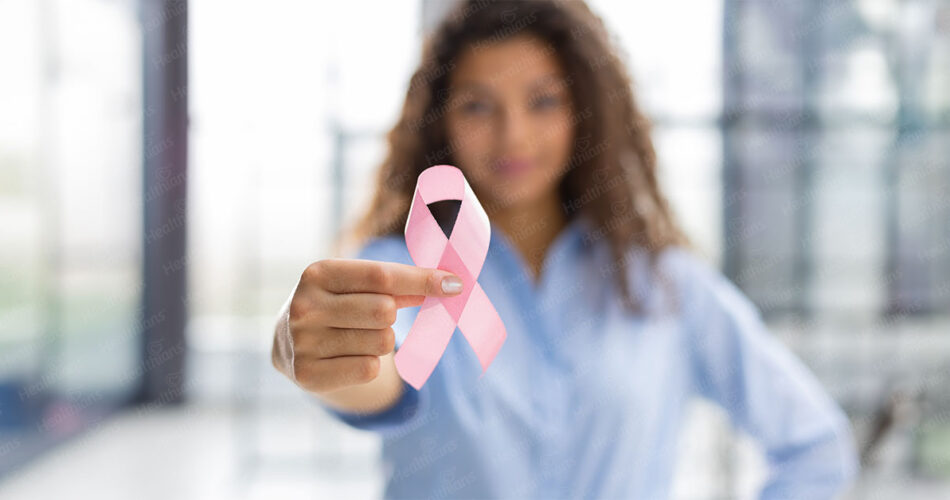Hello, health heroes! Today, we’re diving into a topic that often feels like navigating a maze filled with fear and uncertainty: cancer prevention. But don’t worry, we’re about to arm ourselves with the best weapon – knowledge. We will explore potent lifestyle changes that can fortify us against this formidable foe and discuss crucial tests for early detection. Let’s embark on this enlightening journey!
Cancer: The intruder within
Demystifying cancer: A tale of abnormal cells
Cancer refers to a collection of related diseases characterized by the uncontrolled division of abnormal cells. Although it takes on numerous forms and affects various parts of the body, the fear it instills seems universal.
Fortifying defenses: Lifestyle changes to lower cancer risk
While some cancer-triggering factors, such as certain inherited genes, are beyond our control, many lifestyle changes can significantly reduce overall cancer risk.
Nourish to flourish: A healthy diet for lowering cancer risk
When it comes to averting cancer, a healthy diet is your steadfast ally. Consuming an array of fruits, vegetables, lean meats, whole grains, and legumes provides an armoury of antioxidants and nutrients. These tiny powerhouses aid in fending off cancer by neutralizing harmful free radicals in our bodies.
Here’s a list of foods you should include in your diet to reinforce your body’s defenses:
Fruits and vegetables:
Loaded with vitamins, minerals, and antioxidants, fruits and vegetables can neutralize harmful free radicals in the body.
Whole grains:
Foods like brown rice, oatmeal, and whole-wheat bread are high in fiber, which is essential for digestive health and is linked to a reduced risk of certain cancers.
Lean proteins:
Opt for lean meats and fish over red or processed meats. These are not only easier to digest but also contain less of the harmful substances found in their fattier counterparts.
Legumes:
Beans, lentils, peas, and chickpeas are rich in fiber and protein and can play a vital role in cancer prevention.
Healthy fats:
Opt for foods rich in Omega-3 fatty acids, such as fish, flaxseeds, and walnuts. These fats have been linked to a reduced risk of certain types of cancer.
While maintaining a healthy diet is a potent strategy in cancer prevention, it’s just one piece of a much larger puzzle.
Stub the butt: The power of quitting smoking
Kicking the smoking habit slashes the risk of multiple cancer types, including lung cancer, significantly. Time plays in your favor here—regardless of how long you’ve smoked, quitting benefits your health instantly and continues to do so over time.
The sunshine vitamin: Sun protection against skin cancer
Sun safety can be a game-changer in preventing skin cancer. Simple measures like using a broad-spectrum sunscreen, avoiding the sun during peak hours, and wearing protective clothing are tangible ways to lower skin cancer risk.
Active body, healthy body: The role of regular exercise
Regular physical movement is an all-rounder when it comes to health. By helping maintain a healthy weight, it reduces your risk of various cancer types. Aim for a mix of cardio, strength training, and flexibility exercises for an all-round approach.
Drink responsibly: Limiting alcohol consumption
Moderate drinking – for those who opt for it – can curtail cancer risk. Excessive and long-term alcohol consumption has been linked to an increased risk of various cancer types, including breast and liver.
Early detection: The cancer tests you should know about
Early detection through regular screenings is a crucial strategy in the battle against cancer. It can significantly improve the effectiveness of treatment and survival rates.
Regular screenings: The first step in early detection
Regular doctor’s visits and screenings are indispensable for catching any early signs of cancer. Let’s discuss some important tests:
Regular screenings: The path to early detection
Understanding the importance of regular check-ups and screenings is crucial for early cancer detection.
Mammograms:
Recommended for women aged 40 and above for early detection of breast cancer.
Pap Smears:
Women should begin screening for cervical cancer from age 21 through a Pap smear.
Colonoscopy:
From age 45, regular screenings for colorectal cancer should be a health priority.
Skin Checks:
Regular self-examinations and dermatology check-ups can spot early signs of skin cancer.
Closing thoughts: You hold the power
While the term ‘cancer’ often strikes fear, remember that a substantial part of cancer prevention lies within our control. By adopting healthy habits, we can build a fortress against this disease, promoting strength and longevity.
Cancer prevention is about implementing straightforward changes in our lives – changes that may seem insignificant but can create an immense impact over time. It’s about taking the reins of our health, one healthy habit at a time. So, here’s to raising a toast (of carrot juice, naturally) to a healthier world, and a cancer-free life!




